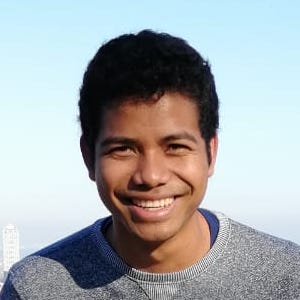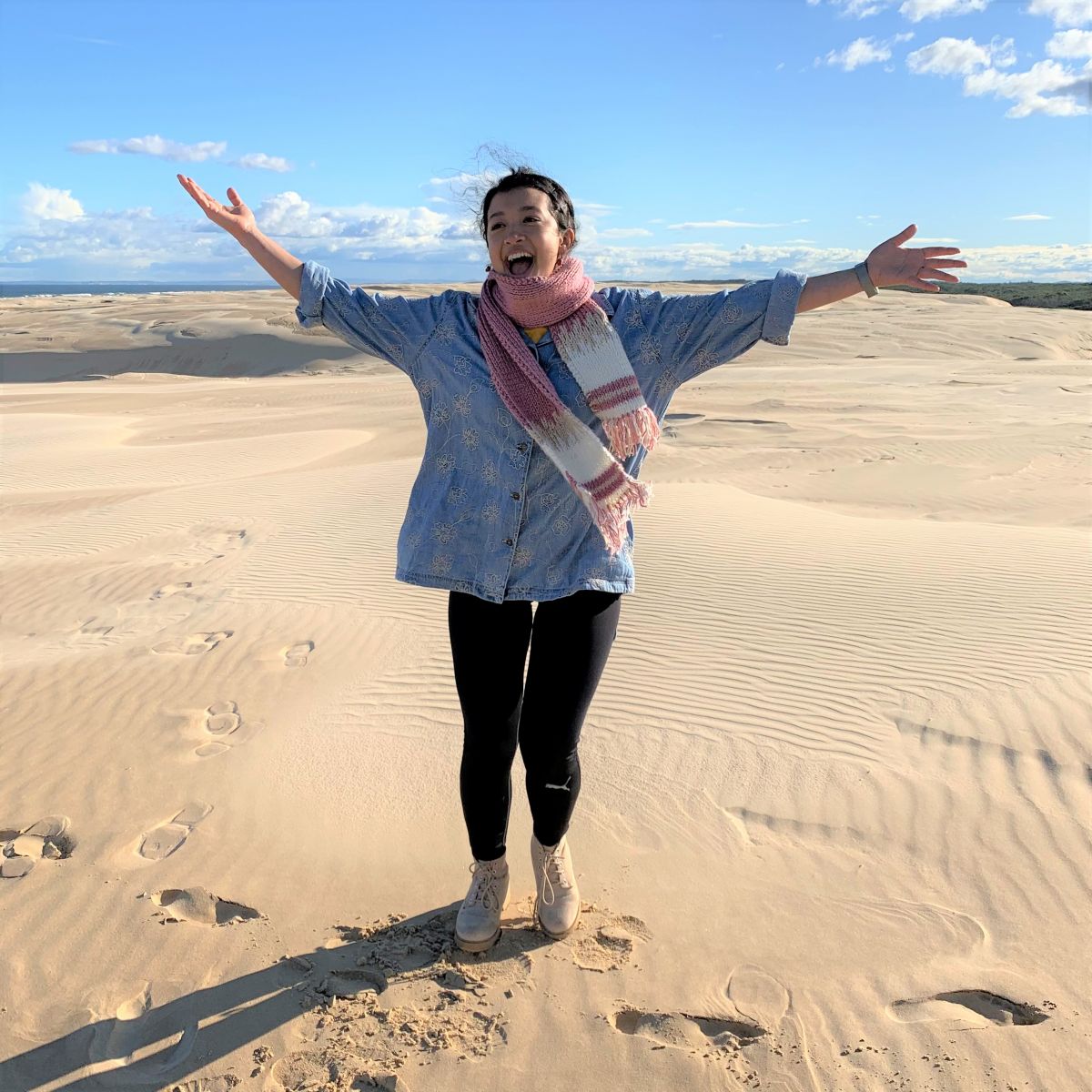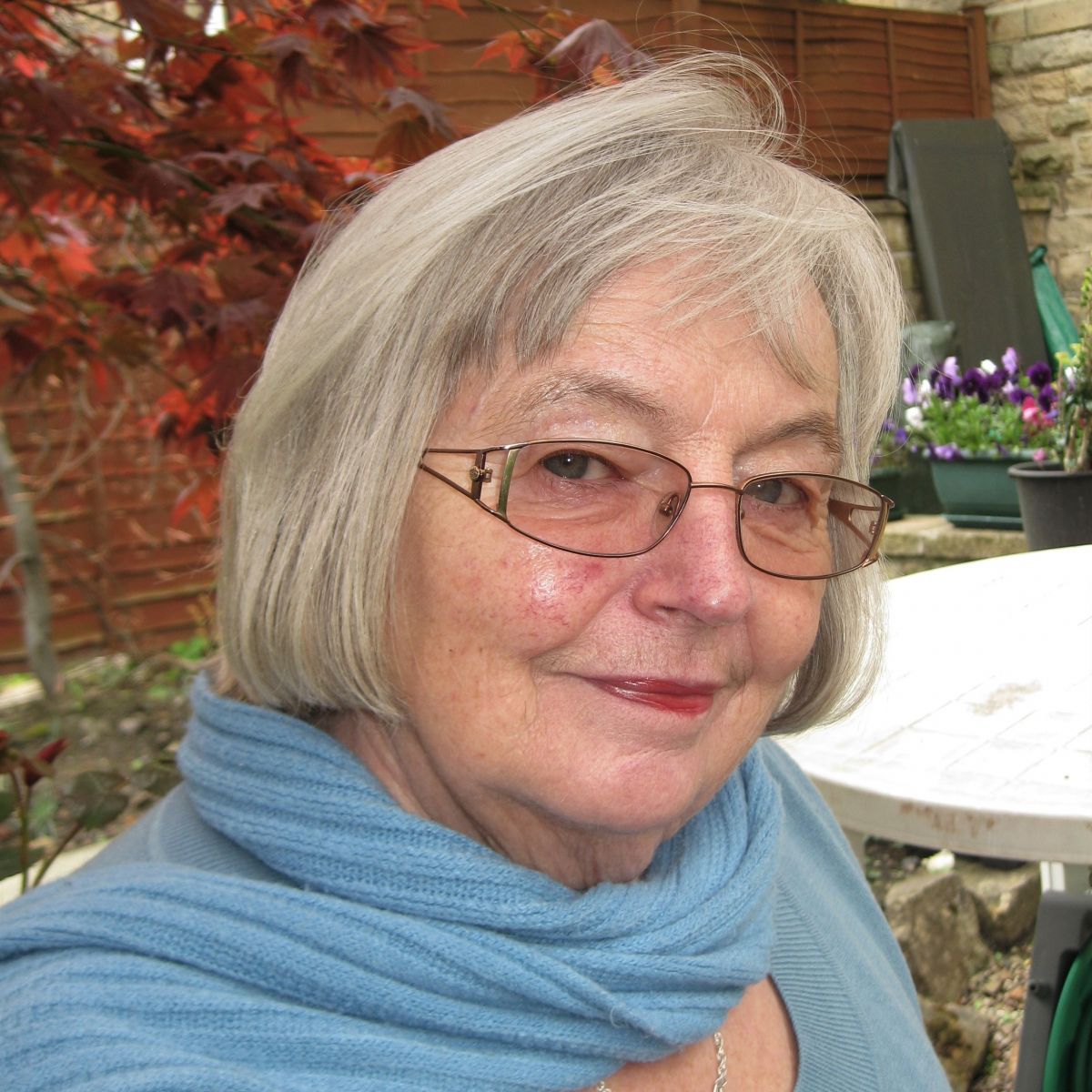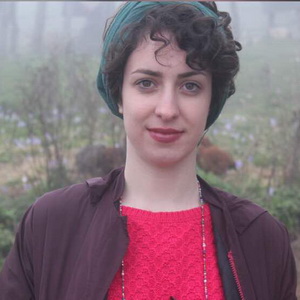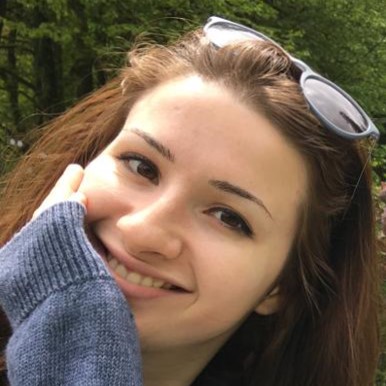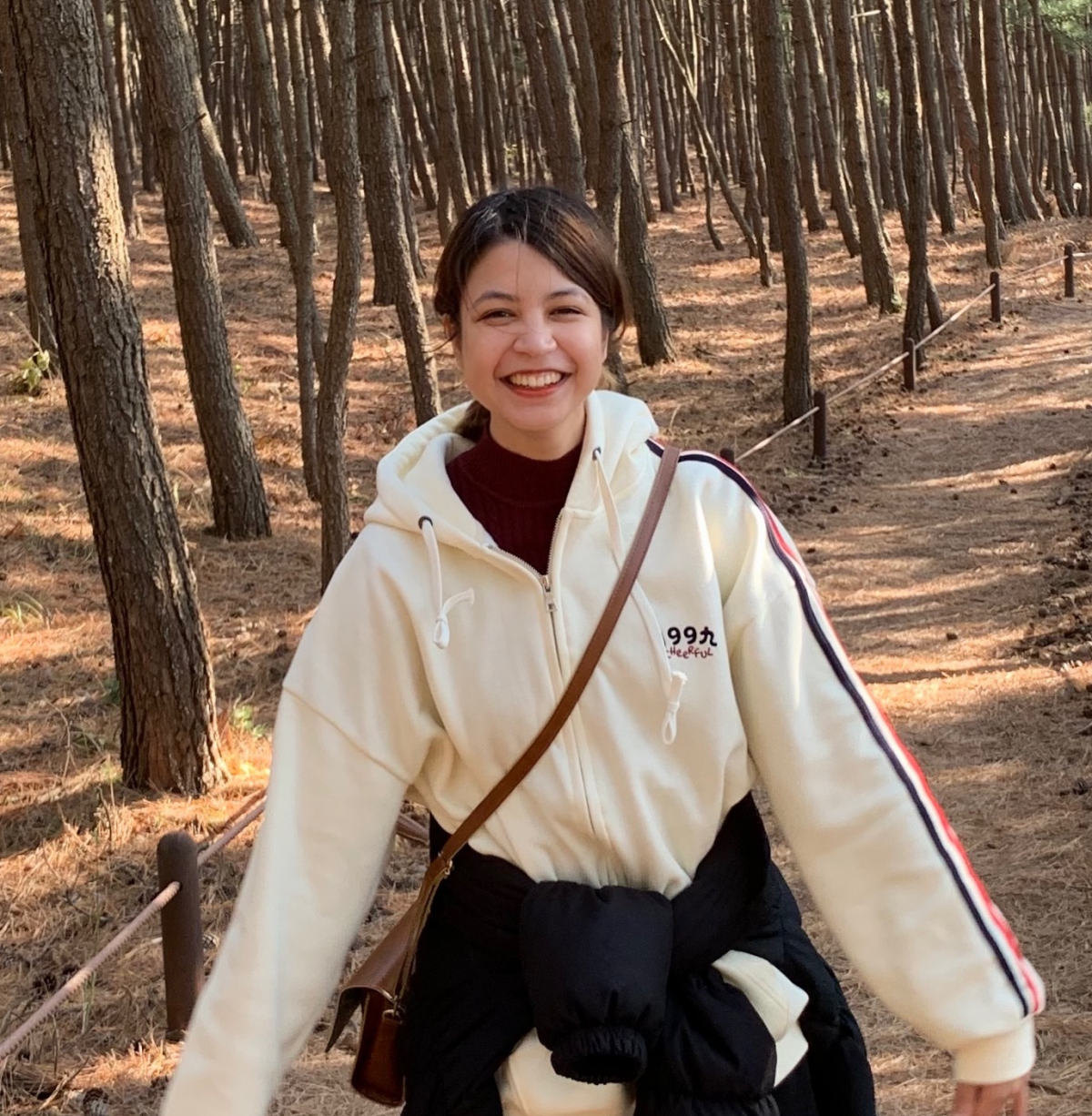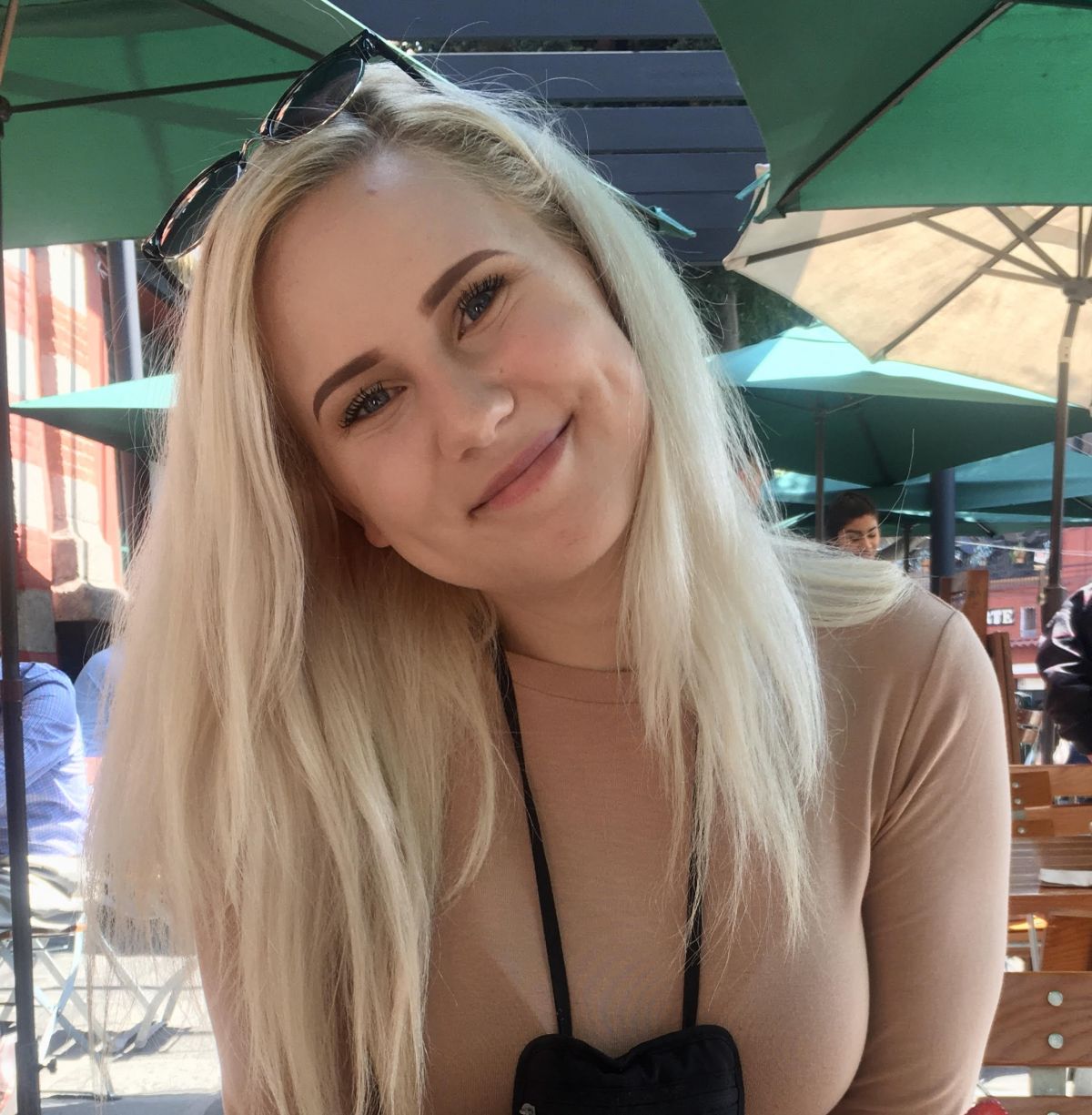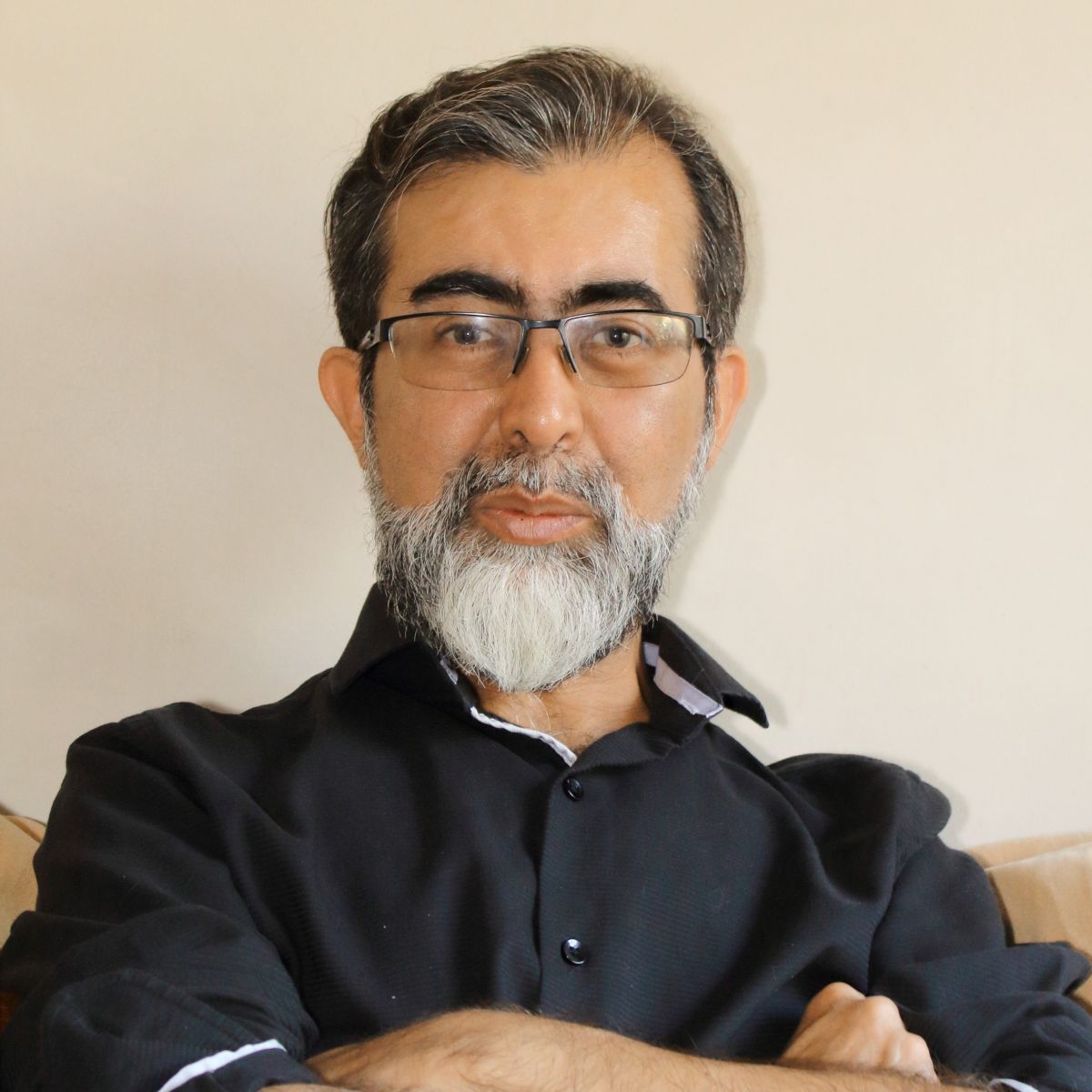Jeder Reisepass hat eine Geschichte
Trotz dieser großen Ungerechtigkeit, denn niemand sucht sich bei der Geburt einen bestimmten Pass aus, müssen einige Menschen dies erdulden.
Madagascar, Eastern Africa
Eine Geschichte von Fortunat Miarintsoa Andrianimanana. Übersetzt von Veronica Burgstaller
Veröffentlicht am April 11, 2020.
Diese Geschichte ist auch verfügbar in 






Höre Dir diese Geschichte an:
Ein Reisepass sagt eine Menge über einem selbst aus. Viel mehr als unser(e) Name(n) oder unser Geburtstag. Die drei Dinge, die der Beamte der Einwanderungsbehörde nicht übersehen wird, sind die Stempel auf den Seiten, das Ablaufdatum des Passes und, vor allem. das Ausstellungsland. Diese einfachen Informationen können einem das Leben ziemlich schwer machen und den Kindheitstraum der “Freiheitsbewegung” zerstören. Aber auch das Gegenteil ist möglich. Es kommt einfach darauf an, welches Land den Pass ausgestellt hat. Wenn man sich noch nicht über seinen Reisepass aufgeregt hat, dann liegt es daran, dass man im "richtigen" Land geboren wurden.
Ich erinnere mich an die Stapel von Dokumenten, die ich der spanischen Botschaft vorlegen musste, um in Spanien studieren zu dürfen, oder an die stressigen Interviews, die ich bestehen musste, um an einer Konferenz in Großbritannien teilzunehmen oder um die USA zu besuchen. Folglich bestimmt das Ausstellungsland, die Anzahl der Orte, die man ohne ein im Voraus oder bei der Ankunft abgestempeltes Visum betreten darf. Je mehr Länder man ohne Visum betreten kann, desto "mächtiger" der Reisepass.
Jährlich wird eine Rangliste der mächtigsten Pässe erstellt: Im Jahr 2020 standen Japan, Singapur, Südkorea, Deutschland, Italien ganz oben, während Pässe von Afghanistan, Irak, Syrien, Pakistan, Somalia, etc. als die schwächsten galten [1]. Mit meinem madagassischen Pass kann ich zum Beispiel in 55 Länder ohne Visum einreisen. Über die Gründe für die ungleiche Wertigkeit der Pässe gibt es nur wenige Informationen. Es ist sicherlich das Ergebnis von diplomatischen und Handelsverträgen zwischen Ländern.
Offensichtlich sind die Chancen, sich frei in der Welt zu bewegen, höher, je mächtiger der Pass ist, und deshalb muss man sich in meinem Fall jedesmal langwierigen bürokratischen Verfahren unterziehen, um das Heimatland verlassen zu können. Trotz dieser großen Ungerechtigkeit, denn niemand sucht sich bei der Geburt einen bestimmten Pass aus, müssen einige Menschen dies erdulden.
Je mehr Stempel in einem "schwachen Pass", desto größer ist die Chance, dass dem Passinhaber ein Visum erteilt wird, da das Botschafts- oder Konsulatspersonal weiß, dass diese Person nicht ganz einfach seine Heimat für immer fliehen wird. Also kann auch die Anzahl der Stempel, mit anderen Worten, die Anzahl der Visa, das Reisepass “mächtiger” machen. Ich persönlich darf in einige Länder ohne Visum einreisen, wenn ich einen Wohnsitz in europäischen Ländern oder den USA habe.
Der Inhaber eines "schwachen Passesm “ muss auf jeden Fall den Grund für seine Reisen, seinen wirtschaftlichen Lebensunterhalt und seine Absicht, in das Herkunftsland zurückzukehren, vor der Ausreise nachweisen. Kurz gesagt: Je wohlhabender man ist, desto leichter ist es auch, in einem anderen Land aufgenommen zu werden. Der Reisepass ist also der erste Filter der Migration, der "mächtige Passinhaber" begünstigt.
Was der Pass nicht über einen aussagt, ist unsere Geschichte, unsere Gründe, und unsere Persönlichkeit. Leider haben die Agenten, die den Pass halten und untersuchen, darüber kein Interesse. Wird ein Familienmitglied, das in einem anderen Land im Sterben liegt, besucht oder wird Schutz gesucht, um den endlosen Kriegen im eigenen Land zu entkommen? Oder wird die Reise gemacht, um einen Geliebten zu treffen? Es gibt tausende von Gründen, die uns dazu zwingen, unser Land für eine Weile oder für immer zu verlassen.
Mit etwas Glück, bekommt man das gewünschte Visum. Aber man sollte nicht vergessen, dass die Geschichte eines Passes von dem Land abhängt, das ihn ausgestellt hat.
Fußnoten
[1] Henley Passport Index 2020 (https://www.henleypassportindex.com/passport); Business Insider (https://www.businessinsider.com/best-passports-most-countries-no-visa-henley-index-2020-1);
Forbes: (https://www.forbes.com/sites/duncanmadden/2020/01/10/the-most-powerful-passports-in-the-world-in-2020/);
CNN (https://edition.cnn.com/travel/article/henley-index-world-best-passport-2020/index.html)
Was macht diese Geschichte mit dir?
Follow-up
Do you have any questions after reading this story? Do you want to follow-up on what you've just read? Get in touch with our team to learn more! Send an email to [email protected].
Unterhalte Dich über diese Geschichte
Please enable cookies to view the comments powered by Disqus.
Subscribe
Melde Dich an für unseren monatlichen Newsletter und bleibe up-to-date mit neuen Geschichten auf Correspondents of the World.
Mehr Geschichten auf Deutsch
Tags
Erkunde andere Themen
Mach mit
At Correspondents of the World, we want to contribute to a better understanding of one another in a world that seems to get smaller by the day - but somehow neglects to bring people closer together as well. We think that one of the most frequent reasons for misunderstanding and unnecessarily heated debates is that we don't really understand how each of us is affected differently by global issues.
Unser Ziel ist es, dies zu verbessern - und zwar mit jeder Geschichte, die wir teilen.
Community Weltweit
Correspondents of the World is not just this website, but also a great community of people from all over the world. While face-to-face meetings are difficult at the moment, our Facebook Community Group is THE place to be to meet other people invested in Correspondents of the World. We are currently running a series of online-tea talks to get to know each other better.











